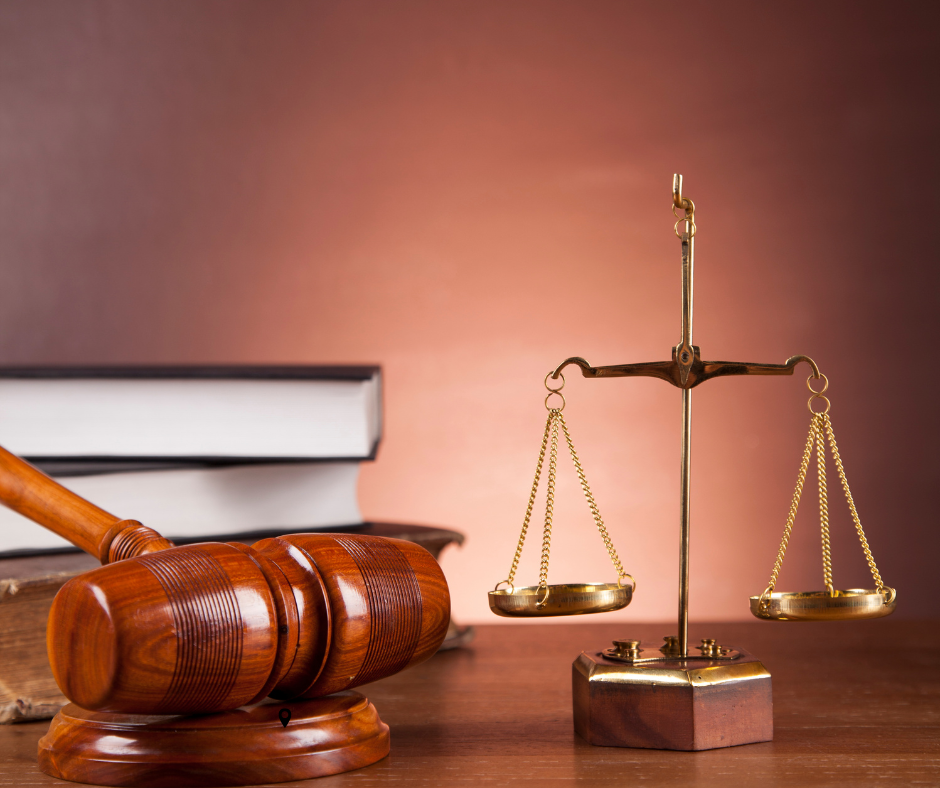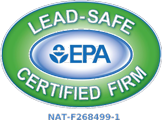
Being a landlord comes with challenges, as with any aspect of life. One significant challenge is the potential for tenants to take legal action against landlords who violate certain laws at the federal, state, or local levels. It's crucial to exercise caution, as a tenant taking you to court can lead to undesirable consequences. You might be wondering about the circumstances that allow a tenant to legitimately sue a landlord.
The reality is that, yes, tenants have the right to sue. While some lawsuits may not withstand legal scrutiny, there are at least five valid reasons a tenant can take legal action. Here are five scenarios where a tenant can sue a landlord.
Illegal Lease Agreement: The rental agreement establishes the landlord-tenant relationship, making it a critical document. Some landlords may be tempted to include clauses that restrict certain activities, but doing so could infringe on tenants' rights and lead to legal consequences.
Wrongful Eviction: Attempting to remove non-paying or lease-breaking tenants without the proper legal procedures can land you in trouble. Even with valid reasons, it's illegal to evict tenants without a court order. This includes removing their property, changing locks, or cutting off utilities without following the correct legal channels.
Security Deposit mishandling: Landlords must adhere to state rules regarding security deposits. These funds can only be used for specific purposes, such as damages beyond normal wear and tear, early termination of lease agreements by the tenant, excessive cleaning costs, or unpaid utility bills upon move-out. Using the security deposit for any other purpose may result in legal action from the tenant.
Violating Tenant Rights: Tenants have the right to "quiet enjoyment," meaning they can use and enjoy their property without unnecessary interference. Landlords must provide notice and have a valid reason before entering the rented premises. If a landlord violates this right by entering without notice or a valid reason, tenants have the right to sue.
Inhabitable Property: Landlords must ensure that rental units provide a safe and healthy environment for tenants. This includes maintaining proper functioning of electricity, plumbing, and addressing issues like mold and pests. Ignoring these responsibilities or refusing to make necessary repairs can expose landlords to legitimate lawsuits from tenants.
In conclusion, lease agreements serve to protect both landlords and tenants. Understanding that these agreements are legally binding is crucial, as they safeguard the rights of both parties involved in the rental arrangement. For more information on how to stay away from these types of problems call RentCare Property Management.











